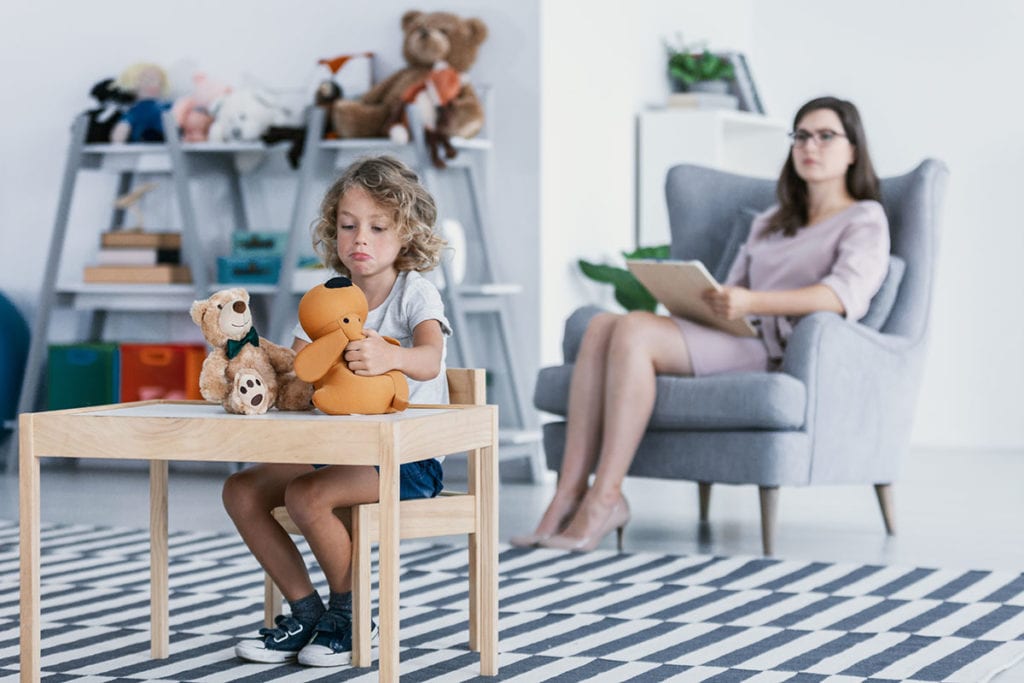Research shows that children of parents with depression and anxiety disorders are up to seven times more likely than others to develop depression and anxiety themselves. But USA Today reported that two new studies suggest that cognitive behavioral therapy can reduce the risk of mental health problems in children and teens. In cognitive behavioral therapy, patients learn how to change the way they think about and react to depressing or upsetting events. Learn more about the ways cognitive behavioral therapy and children are connected.
Cognitive Behavioral Therapy and Children
Because depression and anxiety usually surface during a person’s teen years, adolescence is the best time to try to prevent these mental health issues. According to Judy Garber of Nashville’s Vanderbilt University, about one in five teens experience depression by age 18. Depressed children are more likely to have trouble in school are at an increased risk for suicide and substance abuse, she said. Garber studied 316 teens whose parents had a history of depression, and all of the teens had experienced depression in the past or were currently having some symptoms of depression.
Half of the teens were assigned to attend eight weekly group sessions with other teenagers. After nine months, the teens who attended group therapy were less likely to experience depression than teens who didn’t receive therapy. The therapy didn’t help for teens whose parents were currently depressed. In addition to a genetic predisposition to depression, children may also inherit their parents’ negative attitudes. Furthermore, children may feel lost because their parents aren’t able to give them the support and encouragement they need, says Bryan King, director of child and adolescent psychiatry at Seattle Children’s Hospital.
Researchers at Johns Hopkins Children’s Center conducted a small study on children who weren’t yet having anxiety problems but whose parents had anxiety disorders. Half of the kids, ages 7 to 12, and their parents participated in an eight-week course of cognitive behavioral therapy. In the sessions, parents learned how to identify things that might be making their children anxious, like being overprotective or worrying out loud. Children also learned coping skills. After a year, none of the children in therapy has developed anxiety disorders, whereas 30 percent of the children who didn’t receive therapy did. Golda Ginsburg, lead author of the study, said that while few insurers pay for cognitive behavioral therapy, she hopes her study will provide evidence that it’s worth the investment.
Get Treatment for Your Child Today
For far too long, treatment specialists have been directing therapy options predominantly towards adults. It’s time to talk about getting children the therapy they need. At Promises Behavioral Health, we offer a variety of mental health treatment options, including:
- Depression treatment
- Anxiety treatment
- Personality disorder treatment
- Eating disorder treatment
- Mood disorder treatment
Cognitive behavioral therapy for children can make all the difference for the rest of their lives. To learn more about our treatment options, or about cognitive behavioral therapy and children, call our experts at 844.875.5609 today. Your child doesn’t have to live with untreated mental health needs anymore.

